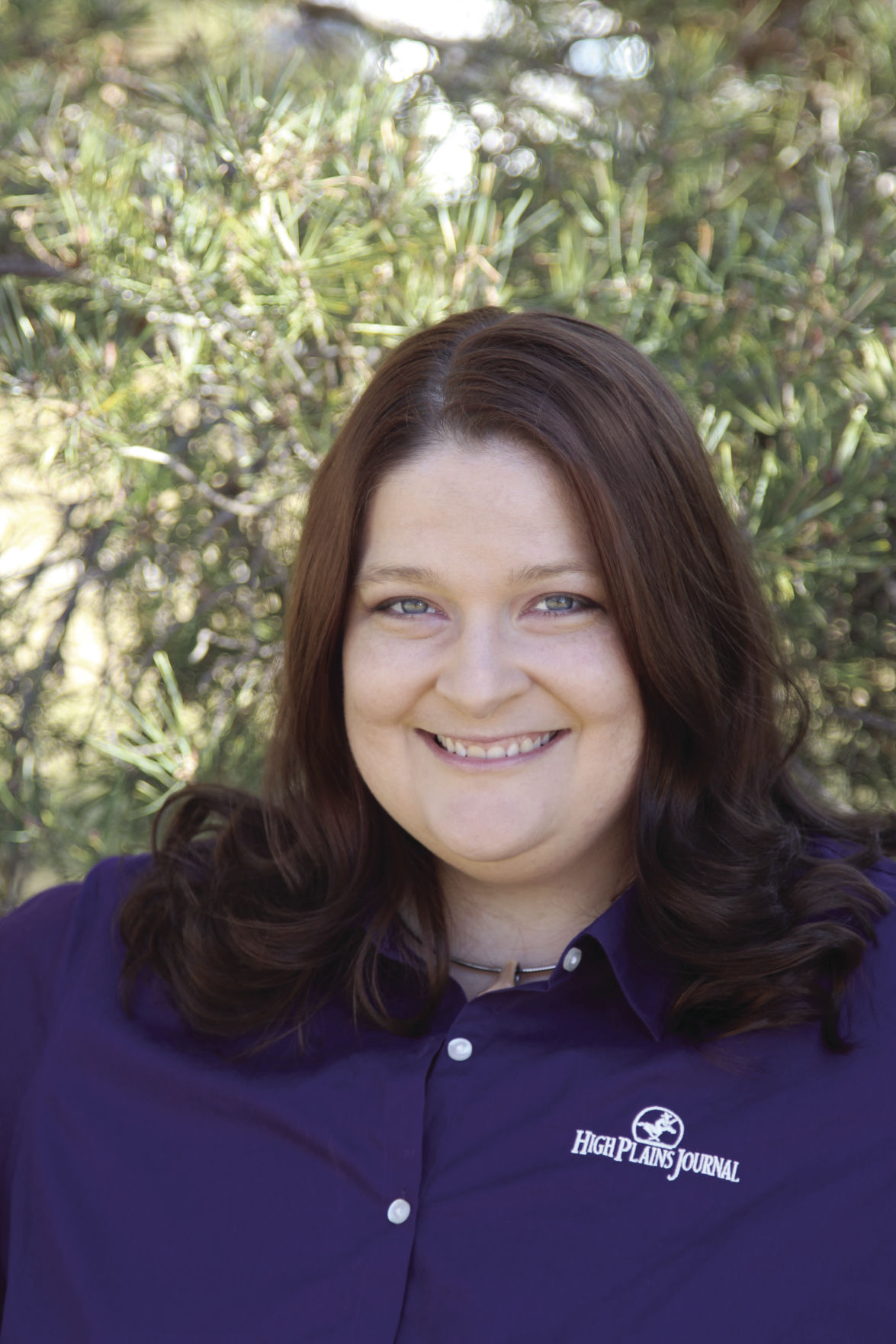In this space not three weeks ago I wrote with a bit of optimism about what Bill Gates might do with his newfound connection to the land.
After all, one logically would assume that someone who made billions by being a technological innovator and redefining an industry with his product would use that genius to help his new rural neighbors’ economic prospects. One might see his foundation’s sponsorship of the 2021 American Farm Bureau Federation’s annual meeting as a neighborly investment. One might even see his company’s technology partnerships with machinery companies a good thing for farmers trying to gather more data on their farms.
But then, Gates gave an interview in the course of promoting his new book, “How to Avoid a Climate Disaster,” and those hopes soured. In his book and subsequent interviews, Gates is promoting a zero-carbon world. Essentially dropping from 51 billion tons of greenhouse gas emissions to zero in the next three decades.
Now, there are some parts of his proposals that are intriguing, I must say. Engineering cement to sequester carbon dioxide into building materials is fascinating. Investing in redesigning a nuclear reactor is a way to diversify our power grid so we might avoid future weather-caused energy emergencies. There’s logic behind his $7 million a year purchasing of carbon offsets to atone for his greenhouse gas footprint.
And, if anyone had that in his household budget, it would certainly be Gates.
But there’s false logic behind his theory that reducing cattle will get us to a zero-carbon world. And that that action wouldn’t do more harm than good to the overall ecosystem. And, if he’d just asked his new neighbors of his 242,000 acres of farmland, he might have understood that.
Gates has gone on record as saying that he thinks that in the future only the poorest of countries will rely on meat sourced from animals, presumably because they won’t be able to afford synthetic meat. The middle-class and rich, meanwhile, will move to 100% synthetic beef, paying a modest “green premium” so that the change in behavior won’t hit their wallets too hard. And, in this scenario only the ultra-rich will be able to afford meat from animals because there will be so much regulation surrounding the production of meat off the hoof that it will become a luxury item.
Frank Mitloehner is a highly regarded animal scientist who’s extensively studied greenhouse gasses and livestock. If Gates is an expert in computer code, Mitloehner is an expert in animal agriculture and the climate. Ironically, if Gates had just gone down the road to his neighbor at University of California-Davis, he would have learned that animal agriculture, including ruminants like cows, is just 4% of the United States’ direct greenhouse gas emissions. And of that, just 2.2% is from beef cattle, 1.9% is from dairy.
That’s compared to fossil fuels, which, according to Mitloehner, account for nearly 80% of direct U.S. greenhouse gas emissions.
I’m no computer genius, but going after 4% without meaningfully addressing that 80% figure, doesn’t seem logical. Unless, of course, one has invested in Impossible Foods, Beyond Meat, and Nature’s Fynd, three companies making meat substitutes from plants and fungis.
Oh, and if Gates had just gone to his ranching neighbors, like Soil Health U speaker Jimmy Emmons from Oklahoma, he would also have learned about the added benefits of livestock in an overall soil health system. There are plenty of cattlemen surrounding his 242,000 acres of farmland who are using grazing methods to improve the functionality of their soils. Livestock replace what they take off the land in the form of nutrients. Can those fake meat plants say the same?
If Gates had talked to a nutritionist, he’d have learned that grazing cattle take plants and upcycle them into high quality protein for our consumption, packed with nutrients that our bodies and minds need to function in peak condition.
If he’d sat down with rural economic-development directors, he’d realize that small communities rely on farms and ranches to drive the economic engines. The dollars that circulate in our little towns start on the land, and from the livestock raised on that land resource. Take those away or over-regulate and you wind up harming people more than climate change could.
Maybe it’s time we sat Gates down for a neighborhood potluck and gave him a real world perspective he can’t find in the pages of a book.
Jennifer M. Latzke can be reached at 620-227-1807 or [email protected].


